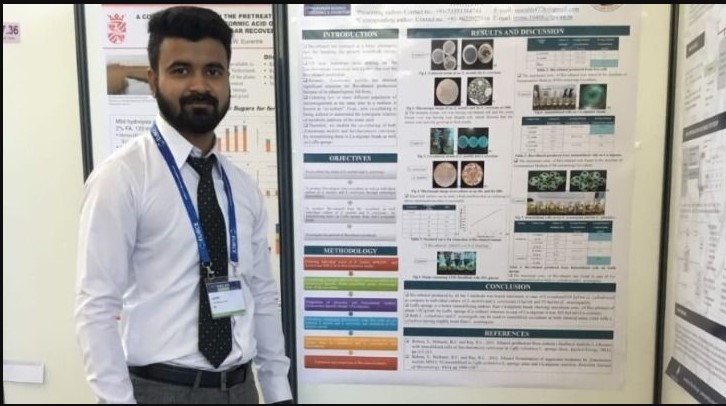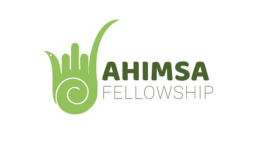
Caribou Biosciences CEO Rachel Haurwitz, Ph.D., has nothing but praise for the autologous CAR-T cell therapies that have provided another option for lymphoma patients. It’s just that her CRISPR gene editing company would like to do it better with an off-the-shelf approach.
In a fresh cut of data from the dose-escalation portion of the biotech’s phase 1 ANTLER trial, allogeneic cell therapy CB-010 has shown deepening overall response rates, complete response rates and a continued complete response rate at the six-month mark post-treatment.
But a familiar problem appears in this data that has led to questions in previous readouts: durability. Patients received the same lympho-deletion conditioning therapy and one of three doses—either 40 million CAR-T cells, 80 million or 120 million.
Nine out of 16 patients experienced progressive disease, with the therapy posting a 94% ORR and a 69% CR, as well as a 44% CR rate at six months.
Caribou's shares dropped nearly 11% to $7.71 in after-market trading Thursday after the results were released, compared to $8.14 at close.
“I wish CAR-T was the magic bullet that led to disease remission for every patient for all time. Unfortunately, that is not the case,” Haurwitz said. She says the 44% rate at six months is an important benchmark of durability.










